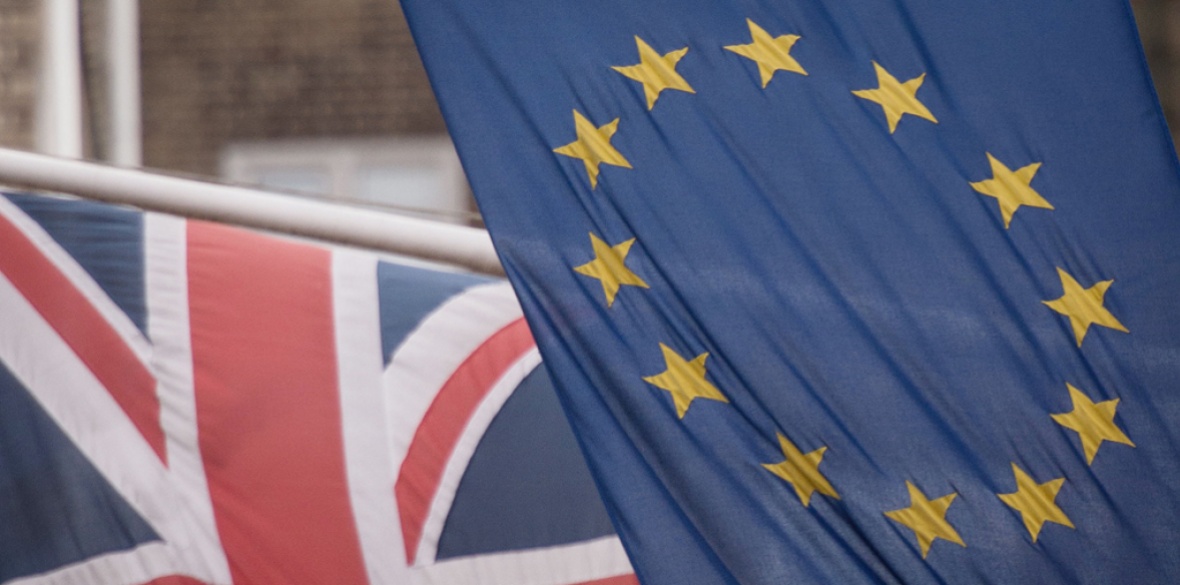THE European Union’s deal with the British government settling the terms under which these long-established trading partners will continue to exchange goods has met wide support, including the EU’s Council of Ministers and the EU heads of government.
Some outrider elements among the now disintegrating European Research Group among Tory MPs are disgruntled, but this alone shows that the main political representatives of big business have arrived at a settled view that their vital interests are best served by the deal.
The last-minute dramatics with a mannered controversy over fishing obscured the essential truth that agreement had long been reached and the details settled.
One clear demonstration of this is that while there is yet to be fully negotiated a comprehensive deal on services — which undeniably play an important role in the present-day British economy — the main stakeholders in this sector, in particular the biggest transnationals and the main banks, appear intensely relaxed about the prospects of satisfactory arrangements being reached.
This is a deal reached between the representatives of big capital in Britain, with its intimate links with the main pillars of US capital, and their analogues in the EU.
In this context by EU we mean whatever common position is reached by Germany and France.
While other countries can obstruct and delay what these two states want, no-one can force any significant matter to which these two are opposed.
In this light we can see that Sir Keir Starmer’s call for the British government to take “five steps to back British business” is a largely empty exercise.
British business has reached a settled view. It does not consider its vital interest compromised by this deal.
However, there is a song and dance about Sir Keir facing front-bench resignations over his decision to back the trade deal.
Experience has taught us that speculation over what precisely motivates the leader of the Labour Party is a fruitless exercise.
It is better to judge his actions by their real effect and regard these as intended.
In the recent past these ensured that a Labour government headed by a genuine and principled anti-imperialist disposed to go along with any Brexit deal that might settle the issues raised by the referendum became an impossibility.
The more innocent among Labour’s majority of Remainers now confront, for them, the uncomfortable truth that the architect of the second referendum campaign is now disinclined to dissent from the position adopted by the EU and the government.
Some of these people are gathered together under the banner of Another Europe is Possible.
They call on Labour, the labour movement and other opposition parties not to support the Tories’ Brexit deal “when it is put to a vote.”
Unless this is conceived as an exercise in gesture politics — and a particularly empty one at that — then this proposition suffers from the great disadvantage that the actually existing European Union has already agreed this deal and that while it is undeniably Boris Johnson’s deal it is also Michel Barnier’s and that of his nominal boss Ursula von der Leyen.
So far the only trade union figures whose names are attached to this unlikely project sign in their personal capacity.
The working-class movement has big tasks ahead which are not helped by this kind of strategic confusion.
We are where we are and this means a here-and-now battle for job security, new jobs, income protection and properly funded public services.
The ground on which we fight has tilted a little and while another Europe is certainly possible another EU is not.











